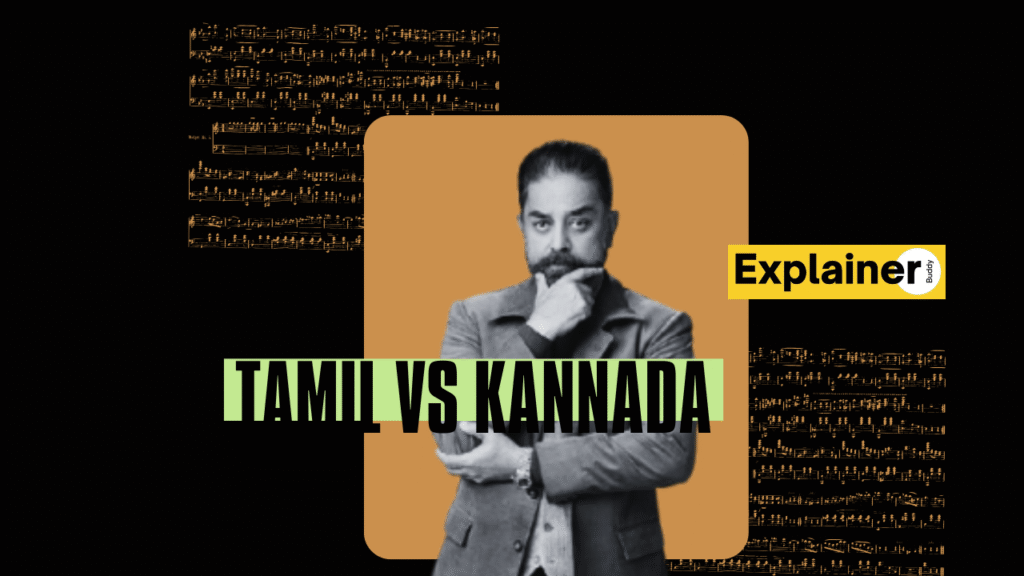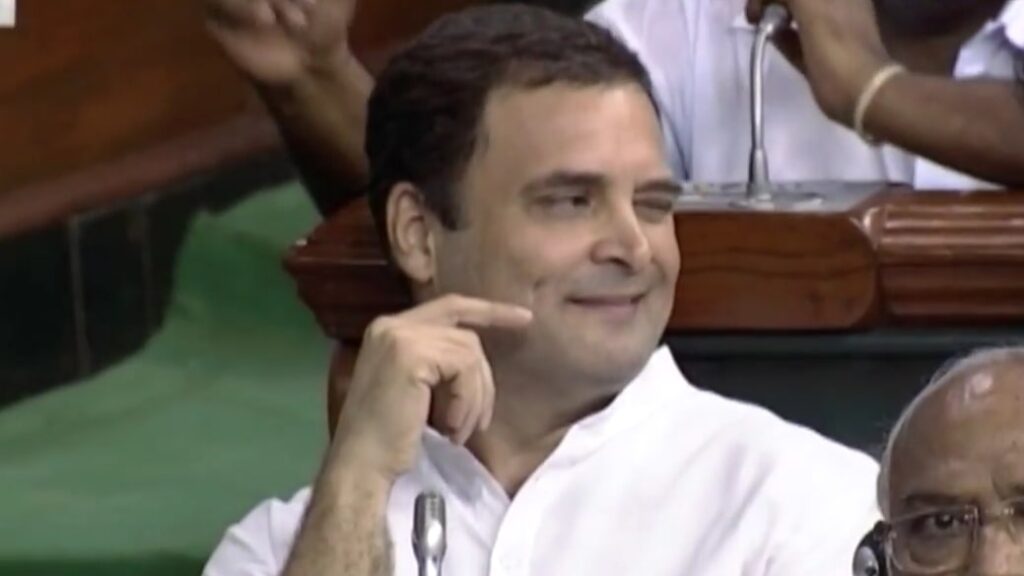Why Kamal Haasan’s Remarks on Kannada’s Origin Stirred Political and Cultural Storm in Karnataka
When Kamal Haasan—an acclaimed Tamil actor and politician—claimed that the Kannada language “originated from Tamil,” it sent shockwaves across Karnataka’s political and cultural spectrum. The statement, made during a film promotion in Chennai while addressing actor Shivarajkumar, was framed as a gesture of unity and cultural kinship. Yet, it inadvertently touched a raw nerve tied to linguistic pride, regional identity, and historic sensitivities between the two South Indian states.
#KamalHaasan stirs language row; accused of promoting #Tamil superiority. Watch this and more only on News9 @kabir_naqvi @SudhaSadhanand pic.twitter.com/kQZhLBRVnj
— News9 (@News9Tweets) May 27, 2025
From Casual Remark to Cultural Flashpoint
Kamal Haasan, known for his intellectual persona and pan-Indian appeal, stated, “Your language was born out of Tamil,” while addressing Shivarajkumar, a Kannada actor. Though intended as a heartfelt expression of connection between the Tamil and Kannada-speaking people, the statement quickly backfired.
The controversy tapped into a long-standing and sensitive issue—the historical origins of South Indian languages. Kannada, with inscriptions dating back to the 5th century CE, has a rich literary and linguistic heritage independent of Tamil. Scholars and language historians across Karnataka have long pushed back against attempts to subordinate its legacy under Tamil linguistic influence.
Bengaluru | On actor Kamal Haasan's reported statement, 'Kannada is born out of Tamil', Karnataka CM Siddaramaiah says "Kannada has a long-standing history. Poor Kamal Haasan, he is unaware of it." pic.twitter.com/POI4YtKOTk
— ANI (@ANI) May 28, 2025
The backlash was swift and multi-pronged. Both the ruling Congress party and the opposition BJP in Karnataka slammed Haasan’s remarks. Chief Minister Siddaramaiah labeled the comment as “ignorant,” while BJP state president BY Vijayendra went as far as demanding an unconditional apology and called Haasan’s words “insulting and arrogant.” The protest escalated when pro-Kannada groups like Karnataka Rakshana Vedike staged demonstrations, burned posters of Haasan, and threatened a ban on his upcoming movie “Thug Life.”
This is not the first time linguistic identity has inflamed passions in South India. The Dravidian language politics of the 20th century and the anti-Hindi agitations have long created fertile ground for such tensions. However, what makes this incident stand out is the fact that it pits two rich, ancient languages—Kannada and Tamil—against each other in the public imagination, driven by an offhand remark that unintentionally undermined linguistic parity.
Between Clarification and Lingering Resentment
Kamal Haasan did respond to the uproar. In his clarification, he stated that the comment was made “out of love” and wasn’t meant to disrespect Kannada. He further acknowledged that he was “not qualified” to speak definitively on linguistic origins, hinting that his remarks were more emotional than academic. However, the absence of a full, unconditional apology left many critics and activists unsatisfied.
The incident has reignited debates on linguistic nationalism and the fragility of regional identity in a multilingual country like India. In Karnataka, where Kannada pride is deeply rooted in cultural consciousness, the episode has stoked demands for greater respect and historical acknowledgment from artists and public figures outside the state.
Moreover, with elections often influenced by regional and linguistic sentiment, such controversies can quickly be weaponized politically. As calls for a boycott of Haasan’s films trend on social media, his upcoming projects may face real-world consequences in the Karnataka market.
In the long run, this controversy underscores the need for cultural sensitivity, especially from influential personalities. In a country where languages are not just communication tools but bearers of heritage, identity, and pride, even seemingly casual remarks can have profound consequences.





















